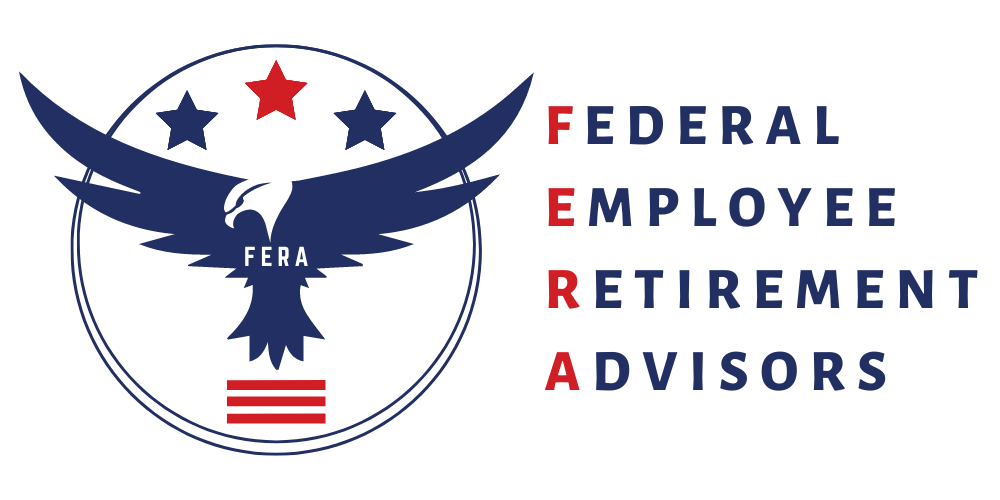Retirement planning can be complex, especially when it comes to understanding how various factors can impact your Social Security benefits. One crucial aspect that federal employees need to be aware of is the Windfall Elimination Provision (WEP). In this post, we will explore what the WEP is and how it affects your Social Security benefits.
What is the Windfall Elimination Provision (WEP)
The WEP is a provision designed to adjust Social Security benefits for individuals who receive a pension from work not covered by Social Security, such as federal employment, and also qualify for Social Security retirement or disability benefits based on other employment where Social Security taxes were paid. The WEP aims to ensure fairness in the Social Security system by accounting for individuals’ non-covered work when calculating their benefits.
How does the WEP impact your Social Security benefits
The WEP affects individuals who receive both a pension from non-covered work and Social Security benefits. It can result in a reduction in the Social Security benefit amount compared to what an individual would receive if they did not have a pension from non-covered work. The reduction is based on a formula that considers the number of years an individual paid into Social Security and their average indexed monthly earnings (AIME). The WEP reduction can be up to a certain limit, which changes annually.
Understanding the formula: To calculate the WEP reduction, the Social Security Administration (SSA) uses a complex formula. However, let’s simplify it for better understanding…
- The first step is to find your AIME, which is an average of your indexed earnings during your highest 35 years of covered earnings.
- Once you have your AIME, the SSA applies a percentage to your AIME, up to a
maximum limit, to calculate your WEP reduction.
- The maximum reduction amount is limited to 50% of your pension from non-covered
work. This means that the WEP cannot eliminate your entire Social Security benefit, but it can significantly reduce it.
Working with a Professional Retirement Advisor
Dealing with the intricacies of federal retirement and understanding how the WEP impacts your Social Security benefits can be overwhelming. Here are a few reasons why working with a professional retirement advisor is crucial…
Expertise and knowledge: Retirement advisors specialize in federal retirement plans and have in-depth knowledge of the complex rules and regulations surrounding Social Security benefits, including the WEP. They can help you understand the impact of the
WEP on your specific situation and develop strategies to maximize your overall retirement income.
Personalized guidance: Each individual’s retirement journey is unique. A retirement
advisor can analyze your pension, Social Security, and other retirement income sources, considering factors like age, employment history, and future goals. They can provide personalized guidance to help you make informed decisions and navigate the
complexities of federal retirement.
Maximizing your benefits: By understanding the intricacies of the WEP and other federal retirement provisions, a professional retirement advisor can help you explore strategies to optimize your Social Security benefits. They can guide you on the most advantageous claiming strategies and coordinate your various retirement income sources for maximum financial security.
Navigating the Windfall Elimination Provision and other federal retirement rules is no easy task. To ensure you make informed decisions and maximize your retirement benefits, it is crucial to work with a professional retirement advisor who specializes in federal retirement planning. They can provide you with personalized guidance, help you understand the impact of the WEP, and develop strategies to secure your financial future. Don’t leave your retirement to chance; take the first step and consult with one of our licensed retirement advisors today!

